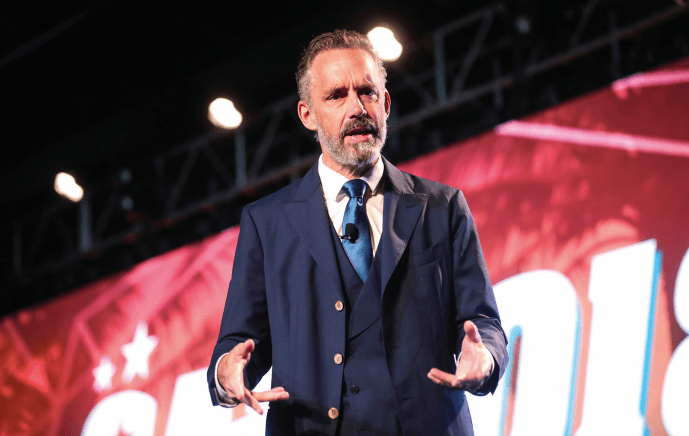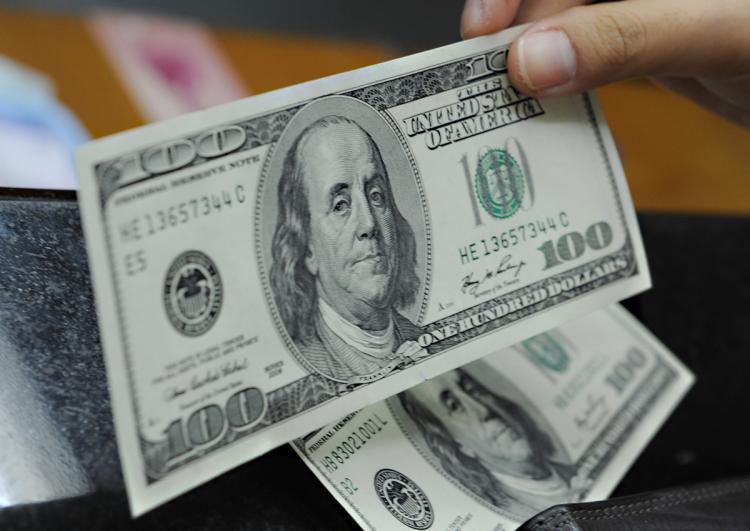Commentary
I admit even though I’d been watching some of Jordan Peterson’s lectures posted on YouTube since 2016, I thought the Canadian psychologist, as a cultural phenomenon, would have dissipated by now. It’s been over a year since his star rose, following not just the release of his book “12 Rules for Life: An Antidote to Chaos,” but really his foray into the political sphere, when he spoke out against a law in Canada that would compel people to use the “correct pronouns” when speaking with transgendered persons.





